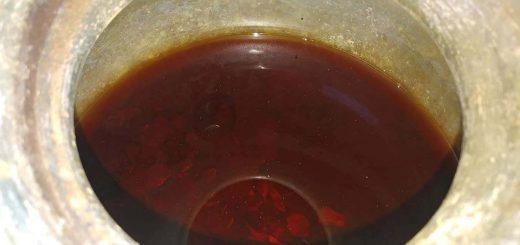Antibiotics normally don’t increase the risk of autoimmune disorders
A study of more than 6 million children finds that exposure to antibiotics in the womb or early in life tends not to increase the risk of autoimmunity – but the relationship is complicated
By Grace Wade
22 August 2025
Antibiotic use can have knock-on effects on the immune system
UrbanImages/Alamy
Children exposed to antibiotics in the womb or early in life don’t generally have an increased risk of developing autoimmune conditions in adolescence, according to a study of more than 6 million children. But the relationship is complicated.
Read more
Inside the new therapies promising to finally beat autoimmune disease
The idea that antibiotics might contribute to autoimmunity can be traced back to the 1980s, when David Strachan, then at the London School of Hygiene and Tropical Medicine, suggested that fewer infections and cleaner environments may explain rising rates of childhood allergies.
This led to the development of the hygiene hypothesis. This proposes that early exposure to certain microbes trains the immune system, preventing it from overreacting to harmless substances and causing allergic reactions or autoimmune conditions. These conditions, such as type 1 diabetes, inflammatory bowel disease and lupus, occur when immune cells inadvertently attack the body’s own tissues.
Since then, numerous studies have shown that many microbes – especially those in our guts – shape our immune system. For instance, some produce compounds that are essential for the development of specialised immune cells, called regulatory T cells, which help prevent autoimmunity. This has led to questions about whether antibiotics, which significantly alter the gut microbiome, may contribute to the development of autoimmune conditions.
“Over the years, there has been a lot of pre-clinical work done, mostly in animal models, that strongly supports this notion that antibiotics, or modulation of the gut microbiome, have a major impact on our immunity,” says Martin Kriegel at the University of Münster in Germany.


